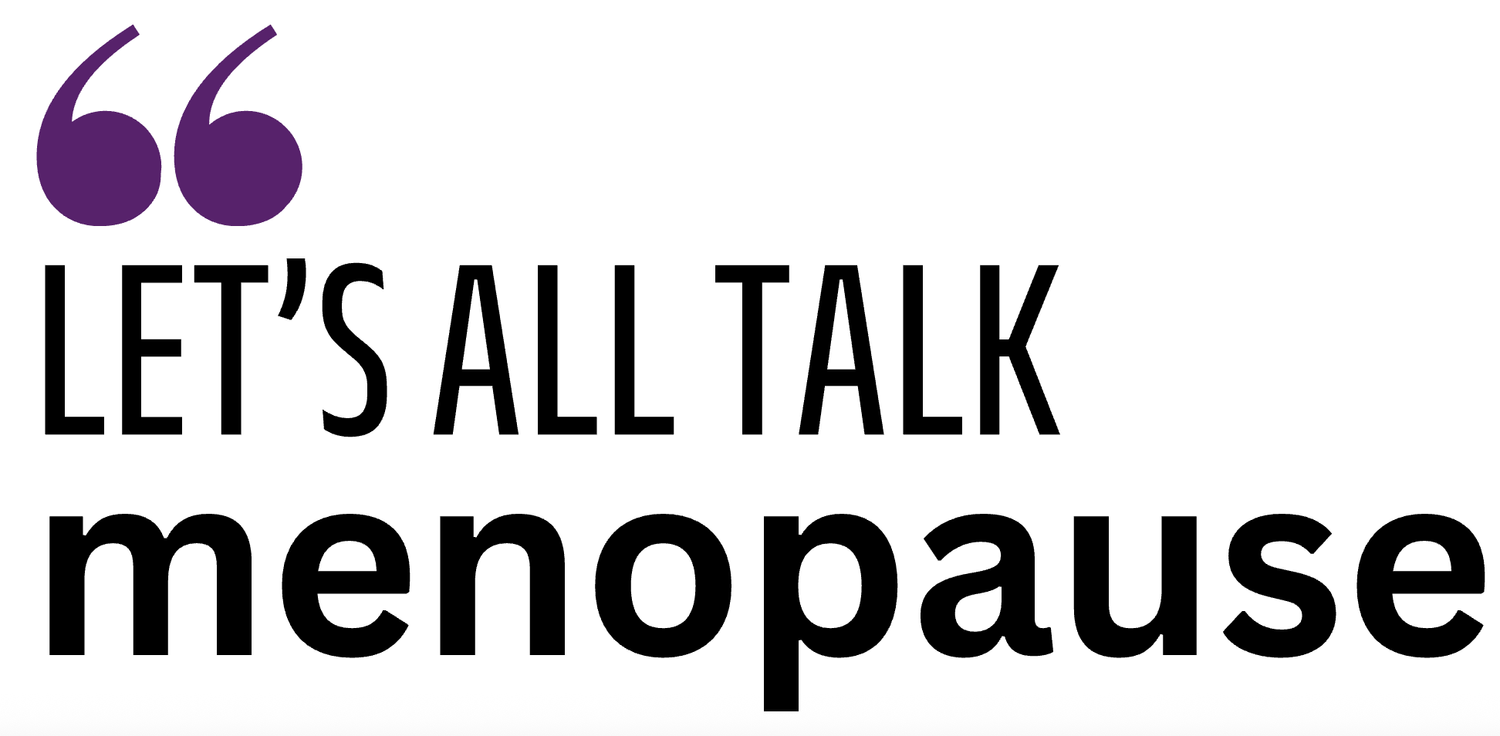Hormones, HRT and Gynaecology Essentials
with Dr Eloise Elphinstone
Menopause is a big deal in a woman's life, bringing along a bunch of hormonal changes and symptoms. Let's break down what happens during menopause, why support is crucial, and how to manage it all.
The Stages of Menopause
Before menopause, there's perimenopause, where hormones, especially oestrogen, start to fluctuate. This can lead to symptoms like mood swings, hot flashes, and irregular periods. Once you've gone a year without a period, you're in the postmenopausal stage, where hormone levels settle down.
Why Support Matters
Going through menopause can feel lonely and confusing. Many women say they feel like they're "going completely mad" because symptoms can mimic other conditions. Having someone to talk to, like a doctor, can make a huge difference. It's about feeling heard and getting the right help.
Hormone Replacement Therapy (HRT)
HRT is a go-to for managing menopause symptoms. It involves taking oestrogen and progesterone to keep hormone levels steady. As one expert put it, "One size doesn't fit all," so HRT is tailored to what each person needs. The goal is to ease symptoms by smoothing out those hormone ups and downs.
Tackling Menopausal Symptoms
Vaginal Atrophy and Pelvic Floor Changes: These can get worse after having kids and during menopause. Vaginal oestrogen can help, and it's "not replacing your hormones systemically," just working where it's needed.
Heavy Periods and Thickened Uterine Lining: The Mirena coil is a popular choice for managing heavy bleeding, delivering progesterone right where it's needed.
Health Check-Ups: Menopause is a great time for a health MOT—think cholesterol checks, diabetes screenings, and mammograms.
Lifestyle Tweaks
Menopause can slow down metabolism, leading to weight gain and higher risks for things like heart disease. A Mediterranean diet and regular exercise can help keep things in check. As one doctor noted, "It's a good time to be talking about general health."
Wrapping Up
Menopause is different for everyone, and finding what works for you is key. HRT and lifestyle changes can make a big difference, but it's important to get personalized advice. Remember, "the right option is out there," and with the right support, you can find it.
For more tips and support, consider connecting with menopause specialists or joining webinars on the topic.
